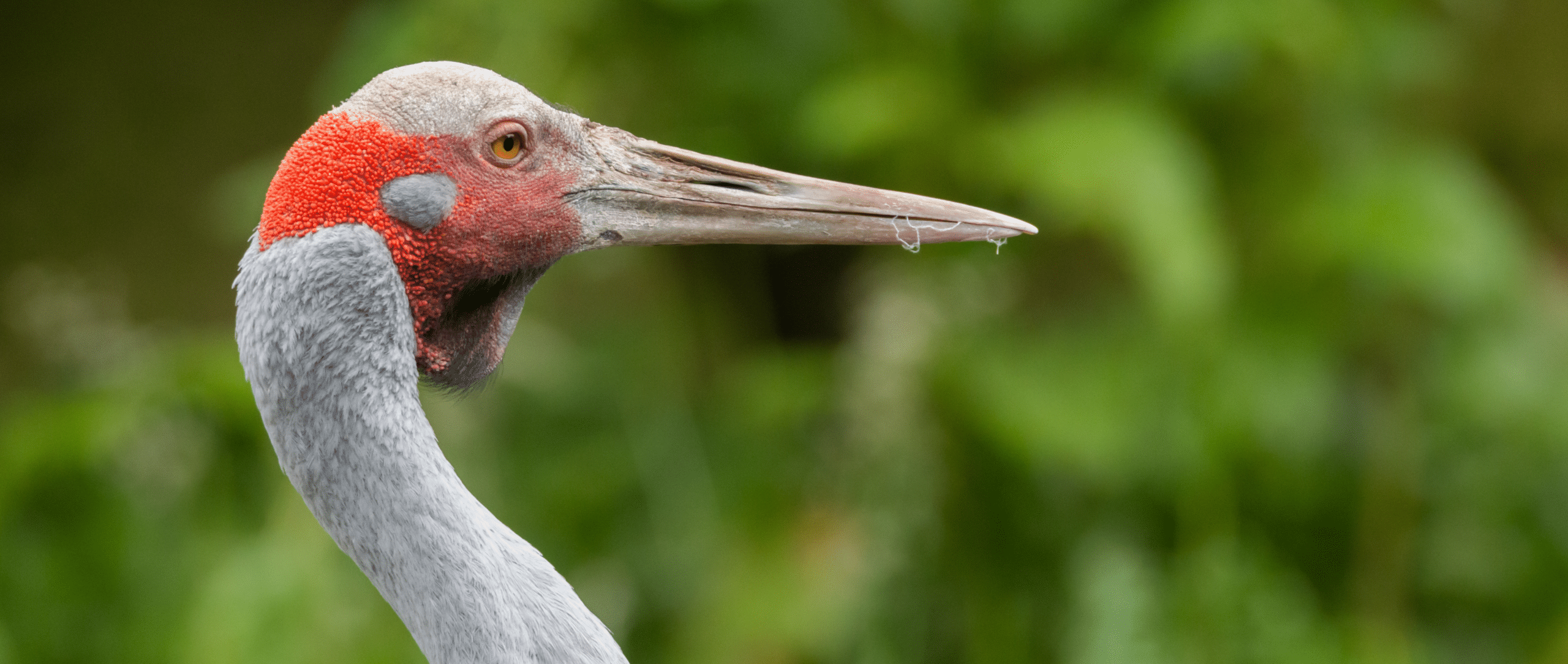SYDNEY (January 14, 2026)— Humane World for Animals Australia (previously known as Humane Society International Australia) is proud to have secured protection for two Murray Darling Basin wetland ecosystems under Australia’s new nature laws announced by Federal Environment Minister Murray Watt today. The Lower Murray, including the Coorong at the river mouth, and the Macquarie Marshes have both been listed as Critically Endangered “Threatened...
The ancient Maugean skate is on the road to extinction. Recent surveys estimate only 3200 remain in Macquarie Harbour, Tasmania—currently their only known habitat. This frighteningly low number is clinging to survival in an environment degraded by salmon farming, prompting a call to list the species as Critically Endangered. The environmental impacts of salmon farming in Tasmania are the subject of a recent exposé by author Richard Flanagan in his latest book, “Toxic”.
Although the skate has previously been identified in two locations, Macquarie Harbour and Bathurst Harbour, it hasn’t been seen for over 25 years in the latter despite extensive surveying. This last bastion of the species in Macquarie Harbour is now occupying an increasingly fragmented habitat and facing mounting threats from pollution, disrupted river flow, and perhaps most devastatingly, salmon farming.
The growing impacts are significant enough to prompt Humane Society International Australia (HSI) and the Australian Marine Conservation Society (AMCS) to nominate the skate for upgraded protection as Critically Endangered. To date, the Maugean skate does not have a formal recovery plan, despite a recommendation by the Threatened Species Scientific Committee that a recovery plan is produced as a high priority when it was listed as Endangered in 2004.
Alarmingly, what little fragmented habitat remains for the Maugean skate is becoming depleted of oxygen due to salmon farm waste. Lack of oxygen in the water can significantly reduce habitat and prey abundance, making the farms a severe threat to the long-term viability of the Macquarie Harbour population, possibly the last of the species.
Just last month, the book “Toxic: The Rotting Underbelly of the Tasmania Salmon Industry” by Richard Flanagan was released. The book, an exposé on the environmental tragedy in the wake of the burgeoning salmon aquaculture in Tasmania, is not the first time the industry has faced scrutiny. A 2016 Four Corners episode revealed that salmon fisheries in Macquarie Harbour were operating without proper regulation causing severe impacts to marine life in the region.
Tragically, Tasmania is home to the first recorded extinction of a marine fish, the smooth handfish, in 2020. The lack of adequate protections and regulations leading to this tragedy could soon befall the Maugean skate.
“The Maugean skate population in Macquarie Harbour could very well be the last in the world. Extinction there is a global extinction. We urgently need a recovery plan, the lack of which has undoubtedly contributed to the continued slide of the skate toward extinction. Securing an uplisting to Critically Endangered under the law will bring us one step closer to saving the Maugean skate.” said Lawrence Chlebeck, marine biologist for Humane Society International Australia.
Dr Leonardo Guida, shark scientist for Australian Marine Conservation Society, said: “The Maugean skate has been around since the Cretaceous, a time when T-rex was stomping about. We can’t let this living dinosaur vanish on our watch; we need to see serious changes in the management of the Harbour’s health.”
The nomination for uplisting was submitted by HSI and AMCS at the end of March 2021 and will now be assessed by the Threatened Species Scientific Committee. In 2021 HSI and AMCS also nominated the spotted shovelnose ray, saddled swellshark, coastal stingaree, sandyback stingaree, greenback stingaree, and the yellowback stingaree—all of which are found nowhere else in the world—for increased federal law protections.


